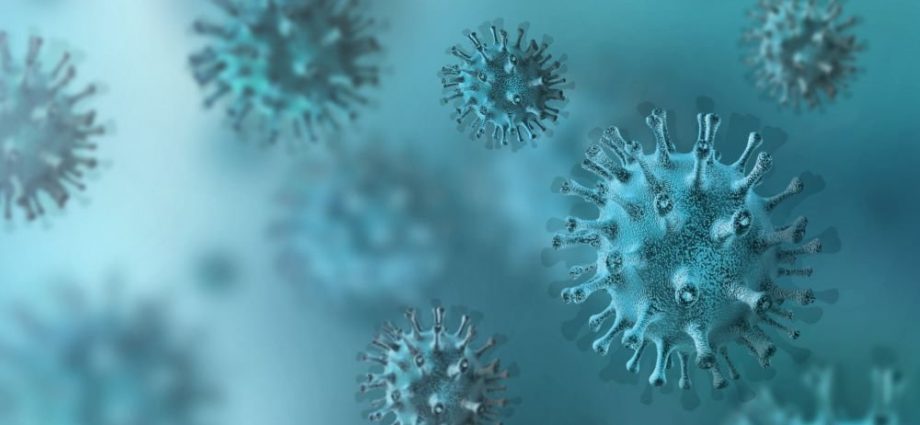THURSDAY, Dec. 28, 2023 (HealthDay News) — As Americans travel far and wide to see family and friends this holiday season, a new COVID variant named JN.1 has become dominant across the country.
A descendant of the variant BA.2.86, JN.1 now accounts for 44 percent of COVID cases, up from roughly 7 percent in late November, the latest data from the U.S. Centers for Disease Control and Prevention shows.
“Variants take some time to get going,” Dr. William Schaffner, an infectious disease specialist at Vanderbilt University Medical Center, told the New York Times. “Then they speed up, they spread widely, and just when they’re doing that, after several months, a new variant crops up.”
The holiday season is likely fueling the rise of JN.1, he added.
“When people are gathered inside close to each other, having parties and traveling and the like, those are the kind of circumstances where all respiratory viruses, including JN.1, have opportunities to spread,” Schaffner said.
Still, the speed at which the JN.1 variant has spread this month suggests it may spread more easily and be better at evading people’s immune systems than other circulating variants, according to a recent CDC report.
“It is too early to know whether or to what extent JN.1 will cause an increase in infections or hospitalizations,” the CDC said in its report.
Luckily, JN.1 does not seem to be causing more severe illness yet, Schaffner noted.
The other good news? The updated COVID vaccines that were released in September produce antibodies that work against JN.1, which is distantly related to the XBB.1.5 variant the tweaked vaccines target.
“For those who were recently infected or boosted, the cross-protection against JN.1 should be decent, based on our laboratory studies,” Dr. David Ho, a virologist at Columbia University in New York City, told the Times.
Ho led research published on the preprint server bioRxiv in early December that showed the latest COVID vaccines produce a strong antibody response to JN.1.
Despite the fact that JN.1 may not cause more severe disease than other variants, hospitalizations have started creeping up recently, the Times reported.
For the week of Dec. 10, there were just under 26,000 COVID-linked hospitalizations, a 10 percent increase from about 23,000 hospitalizations the week before. However, those numbers are still far lower than they were during during the peak of the tripledemic last winter, when COVID, flu and R.S.V. cases all surged simultaneously.
JN.1 will most likely remain the dominant COVID variant through spring, Schaffner said.
How can you protect yourself?
Experts said everyone should consider getting vaccinated, especially those who are over 65, are immunocompromised, have health conditions that put them at higher risk of severe illness or are visiting loved ones who may be vulnerable.
“Give yourself a New Year’s present by getting this vaccine if you haven’t done it yet,” Schaffner said.
More information
Visit the CDC for more on COVID.
SOURCE: U.S. Centers for Disease Control and Prevention, data, Dec. 28, 2023; New York Times
Copyright © 2026 HealthDay. All rights reserved.

